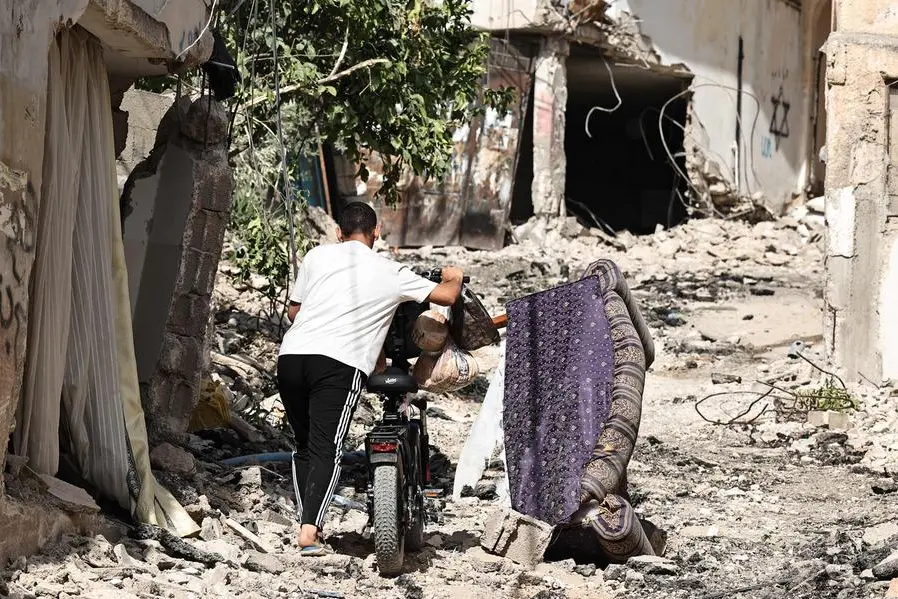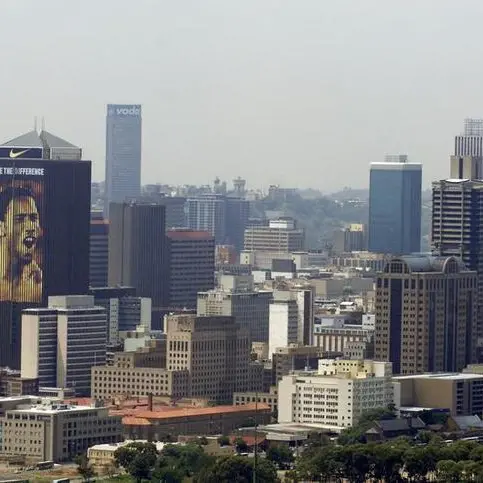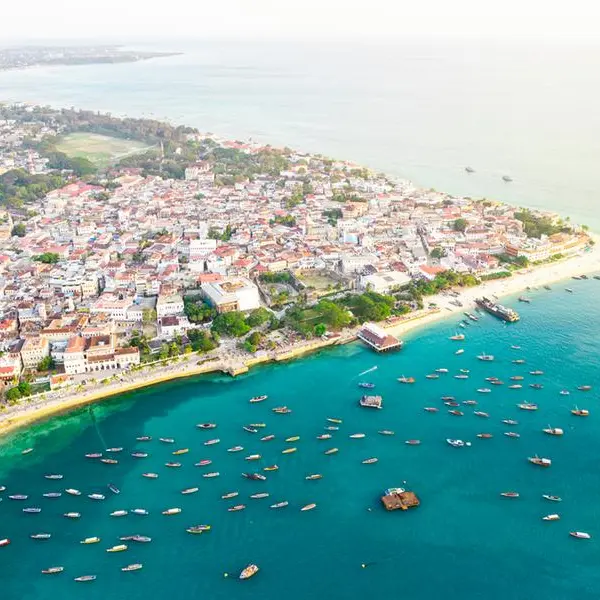PHOTO
The World Health Organization decried Friday an escalating health crisis in the occupied West Bank, where growing restrictions, violence and attacks on health infrastructure are increasingly obstructing access to care.
In a statement, the UN health agency said it was calling "for the immediate and active protection of civilians and health care in the West Bank".
It noted that a spike in violence in the West Bank, including in East Jerusalem, since the war in Gaza erupted on October 7 had by June 10 left 521 Palestinians dead, including 126 children.
Palestinian officials have put the West Bank death toll even higher, saying at least 545 Palestinians have been killed by Israeli troops or settlers since the Gaza war broke out.
In addition to the deaths, more than 5,200 people -- 800 of them children -- have been injured, the WHO said, stressing that this only added to "the growing burden of trauma and emergency care at already strained health facilities".
The West Bank, which Israel has occupied since 1967, has experienced a surge in violence for more than a year, but especially since the Israel-Hamas war in Gaza erupted more than eight months ago.
That war began after Hamas's unprecedented October 7 attack on Israel, which resulted in the deaths of 1,194 people, mostly civilians, according to an AFP tally based on Israeli official figures.
The militants also seized 251 hostages. Of these, 116 remain in Gaza, although the army says 41 are dead.
Israel's retaliatory offensive has killed at least 37,266 people in Gaza, also mostly civilians, according to the territory's health ministry.
The war has repeatedly seen health facilities in the Gaza Strip come under attack.
And the WHO said Friday that healthcare in the West Bank was also facing increasing attacks.
Between October 7 and May 28, it said it had documented a full 480 such attacks in the West Bank, including on health facilities and ambulances, and the detention of health workers and patients.
Those attacks had left 16 people dead and 95 injured, it said.
At the same time, checkpoint closures, growing insecurity, and sieges and closures of entire communities were making movement within the West Bank increasingly restricted, making access to care ever more difficult.
The WHO warned that a long-standing fiscal crisis -- made worse since October 7 as Israel increased its withholding of tax revenue meant for the Palestinian territory -- was also taking its toll on health care.
This, it said, had resulted in "health workers receiving only half of their salary for nearly a year and 45 percent of essential medications being out of stock".
And hospitals were operating at only around 70 percent capacity, it said.
It had also become more difficult for patients to seek medical care outside the West Bank, with 44 percent of requests to go to facilities in East Jerusalem and Israel denied or pending since October 7.




















